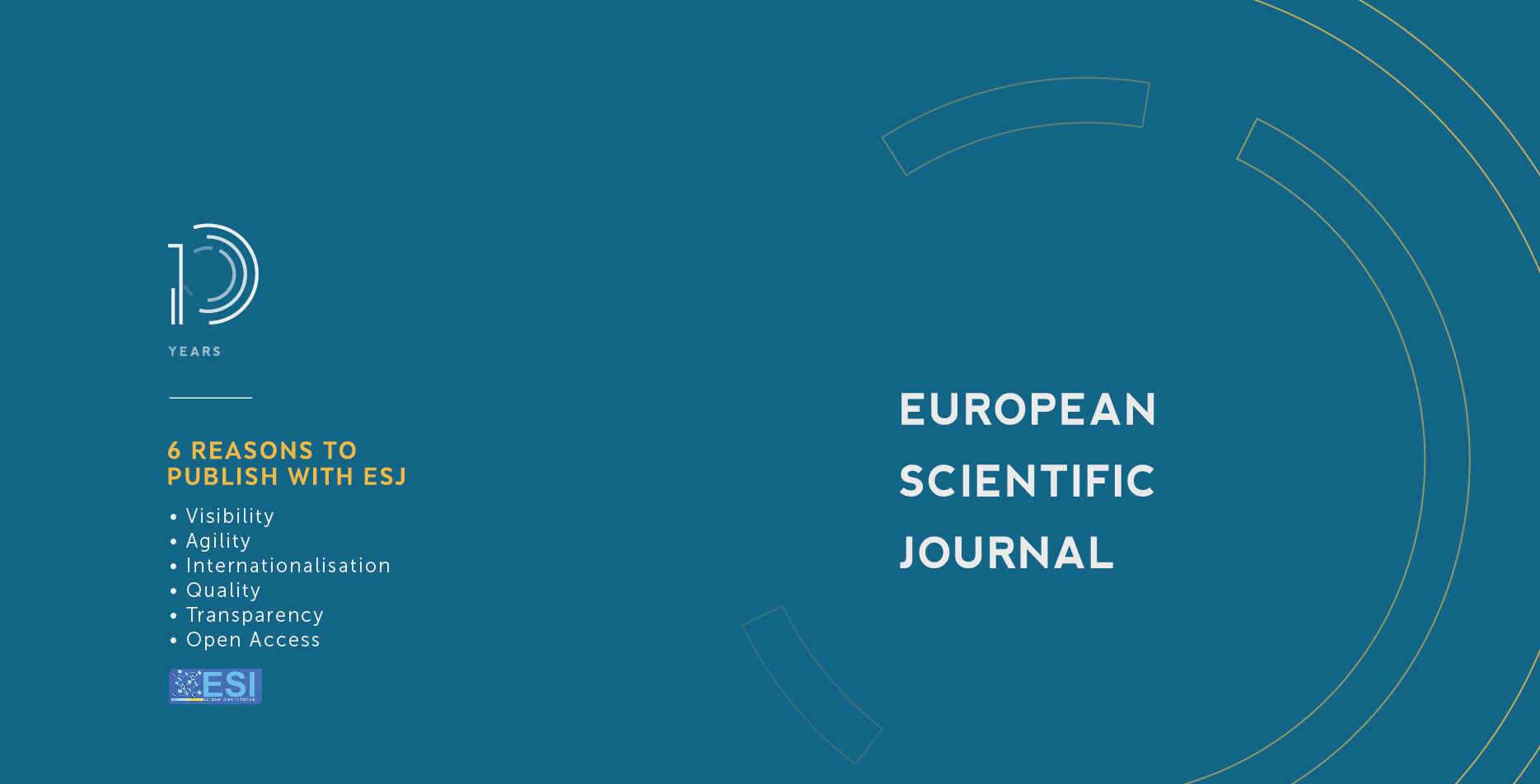Detection Of Fecal Coliforms In Water Used In Formal And Informal Food Outlets In Kasungu District, Malawi
Abstract
Poor sanitary practices are common amongst many food handlers posing a health risk to consumers. Maintenance of high quality water is one of the most important aspects of ensuring consumer safety. Therefore, regular water testing is critical in public food outlets where bacterial contamination may cause outbreak of disease. The study aimed at analyzing water samples obtained from the formal and informal food outlets for the presence of fecal coliforms that are indicative of poor sanitation that result in foodborne infections amongst consumers. Using a cross-sectional design, water samples from participating food outlets (N=40) were analyzed using the membrane filtration method. Samples were filtered, under vacuum, through a cellulose acetate membrane of 0.45 μm pore size. Fecal coliforms exceeding permissible range were detected in 15 test samples (N=40). The median (IQR) concentrations of fecal coliforms (FC/100ml) in dishwashing water was 1(136) and 145(340) for the formal and informal food outlets respectively. The median (IQR) for drinking water was 0(0) with a minimum and maximum range of 0 and 14 FC/100mls. The study established a positive correlation between fecal coliforms and electrical conductivity, and total dissolved solids (p<0.05) in dish washing water used at both formal and informal food outlets. Contamination was attributed to lack of running water, poor pest control and unwholesome practices in many food outlets. Based on the study findings, it is concluded that electrical conductivity, total dissolved solids and turbidity values may be used to deduce the presence of fecal coliforms in water. The study recommends that water drawn from unprotected sources must be boiled or treated at the point of use before it can be safely used in food outlets. Periodic water testing and sanitary supervisions for all food outlets must be mandatory to ensure compliance with minimum set standards.
Downloads
PlumX Statistics
Copyright (c) 2021 Elton Chavura, F. Kapute, Balwani Chingatichifwe Mbakaya

This work is licensed under a Creative Commons Attribution-NonCommercial-NoDerivatives 4.0 International License.








